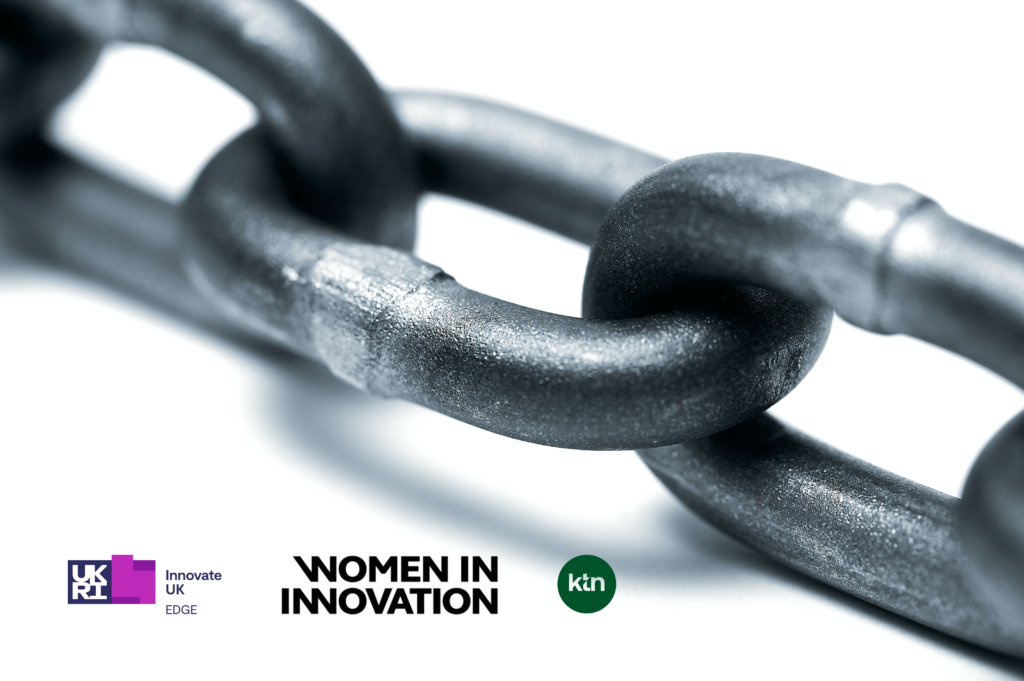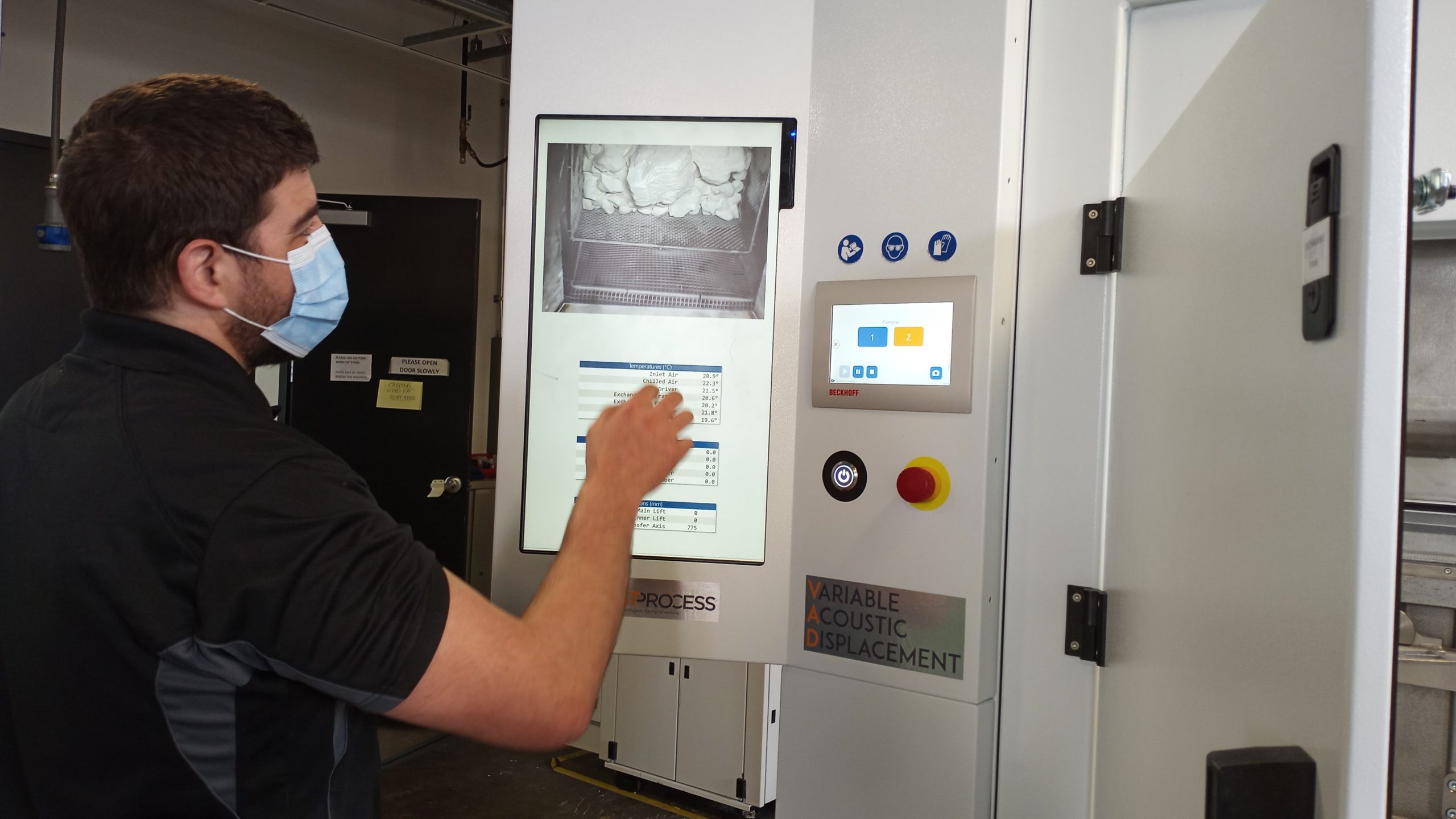Automated post-processing systems developer PostProcess Technologies and metal 3D printing service Enable Manufacturing have each launched new 3D printing software platforms to scale additive manufacturing and post-processing to the next level.
PostProcess has announced the immediate availability of its CONNECT3D platform, a new addition to its hardware, chemistry, and software stack aiming to address long-standing gaps in the post-printing market. Meanwhile, Enable has developed a custom software package, EnableChain, which is designed to automate and accelerate the delivery of metal parts fabricated via its Additive Casting technology.
“Our CONNECT3D Additive Manufacturing Platform sets the stage for the industry’s next step-function advancement in additive manufacturing,” said Rich Caplow, VP of Product at PostProcess. “Today in additive manufacturing, data is captured and connected in the design and printing phases, but the digital thread for a 3D part is cut off prior to its final finished stage.
“CONNECT3D links the finishing, or post-printing stage, to the part’s digital thread to unify the complete workflow.”

Scaling additive with CONNECT3D
At the end of last year, PostProcess identified in its 2021 Additive Manufacturing Post-Printing Industry Trends Survey that post-processing was becoming a priority for companies starting to enter higher volume production. Complementing the firm’s current AUTOMAT3D software application, the CONNECT3D platform is a new addition to the firm’s portfolio of software and hardware offerings, designed with the aim of addressing historic gaps in the post-printing market.
Incorporating artificial intelligence (AI) capabilities, the platform can automatically generate optimized recipes for specific part requirements, while leveraging industrial Internet of Things (IoT) to optimize performance and maximize customer value.
CONNECT3D can be integrated with factory automation systems to automate the manufacturing process for high-scale part production. The platform is built on an open architecture that includes public APIs in order to streamline the 3D printing digital thread and introduce third-party software applications across the workflow.
The platform’s stand-out features include intuitive alerts and alarms for real-time operations management and allowing users to plan and schedule features in advance to improve efficiency. The platform also facilitates remote monitoring, delivering notifications over text or email to users so they can stay informed of the process at all stages.
Having been in its beta stage for several years, the CONNECT3D platform is now available as an annual subscription service and will be demonstrated at AMUG 2022 next month.
“With the introduction of the CONNECT3D platform, PostProcess is using data analytics and machine learning to improve the performance of its full-stack solutions,” said Tugce Uslu, Analyst at Lux Research. “PostProcess recognizes the necessity of unifying printing and post-printing processes into an end-to-end solution. Its software is one of the main differentiators of the company as it focuses on end-to-end process optimization using AI.
“This positions PostProcess as one of the leaders in automated post-processing technology.”

A “new era” of digital manufacturing
Enable, meanwhile, has brought a new level of process automation to progress its Additive Casting part orders more efficiently with the launch of its EnableChain software package. Developed in partnership with technology firm The Curve, the platform makes it possible for Enable to deliver metal 3D printed parts within four weeks by putting together a supply chain in a “Lego block concept”.
The firm’s Additive Casting technology combines 3D printing and traditional casting techniques to manufacture complex metal parts of various sizes more cost-effectively. The technology is able to produce parts in over 130 different metals, supposedly at a lower cost than both direct metal 3D printing and conventional manufacturing techniques.
With 17 million possible configurations for Additive Casting parts coupled with a complex multi-step supply chain involving more than 50 suppliers, Enable needed to automate its on-demand manufacturing process in order to sustain the delivery of high-quality parts within a four-week timeframe.
Funded by Innovate UK, the firm has worked with The Curve to develop and launch the EnableChain software platform to meet the growing demand for its Additive Casting services. The software can track and trace print jobs from order through to invoice, with each order configured with a unique dedicated supply chain.
“There was no off-the-shelf software solution available on the market that would meet Enable’s needs to custom configure a supply chain for every customer order, so the team came to us to work on a custom software solution together,” said James Ridgeway, CTO and Co-founder of The Curve.
“Over the next nine months, we conceived, developed, and delivered a unique program that has digitized Enable’s supply chain and will help them to achieve their growth targets.”
Through EnableChain, customers can monitor the status of their order with the click of a button and be notified about their order’s progress. Suppliers, meanwhile, will receive proactive notifications about the part’s progress, and can integrate with Enable via API to increase the efficiency of the process further.
“We believe that by combining our Additive Casting service with our new EnableChain tracking software, we have now set a solid foundation to bring on-demand digital manufacturing to the metal parts market and we are excited to now be offering an improved customer and supplier experience across the Enable network,” said Anja Stolte, Head of Marketing at Enable.

Subscribe to the 3D Printing Industry newsletter for the latest news in additive manufacturing. You can also stay connected by following us on Twitter and liking us on Facebook.
Looking for a career in additive manufacturing? Visit 3D Printing Jobs for a selection of roles in the industry.
Subscribe to our YouTube channel for the latest 3D printing video shorts, reviews and webinar replays.
Featured image shows funded by Innovate UK, Enable Manufacturing has worked with The Curve to develop its EnableChain software package. Image via Enable Manufacturing.



